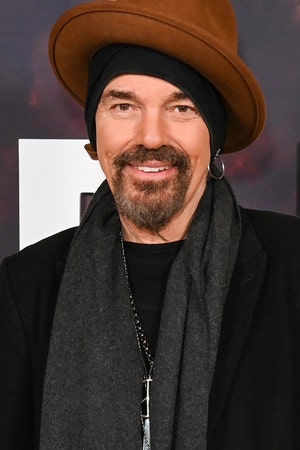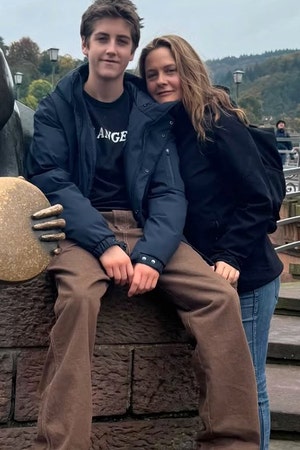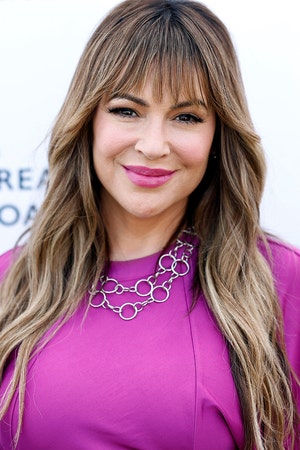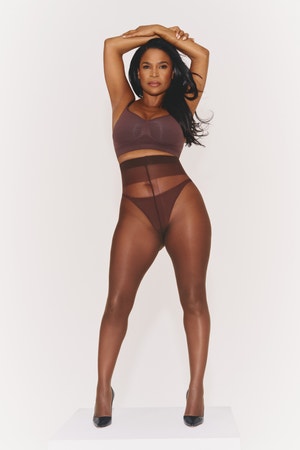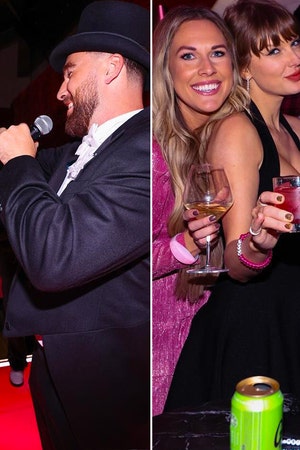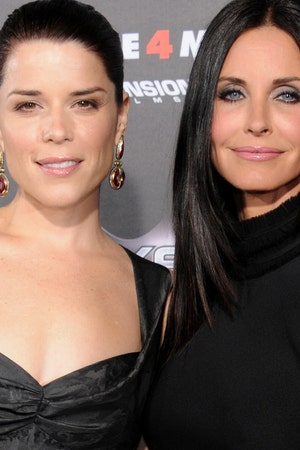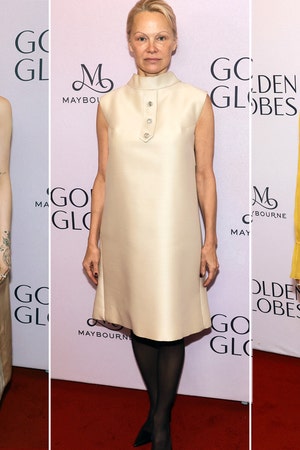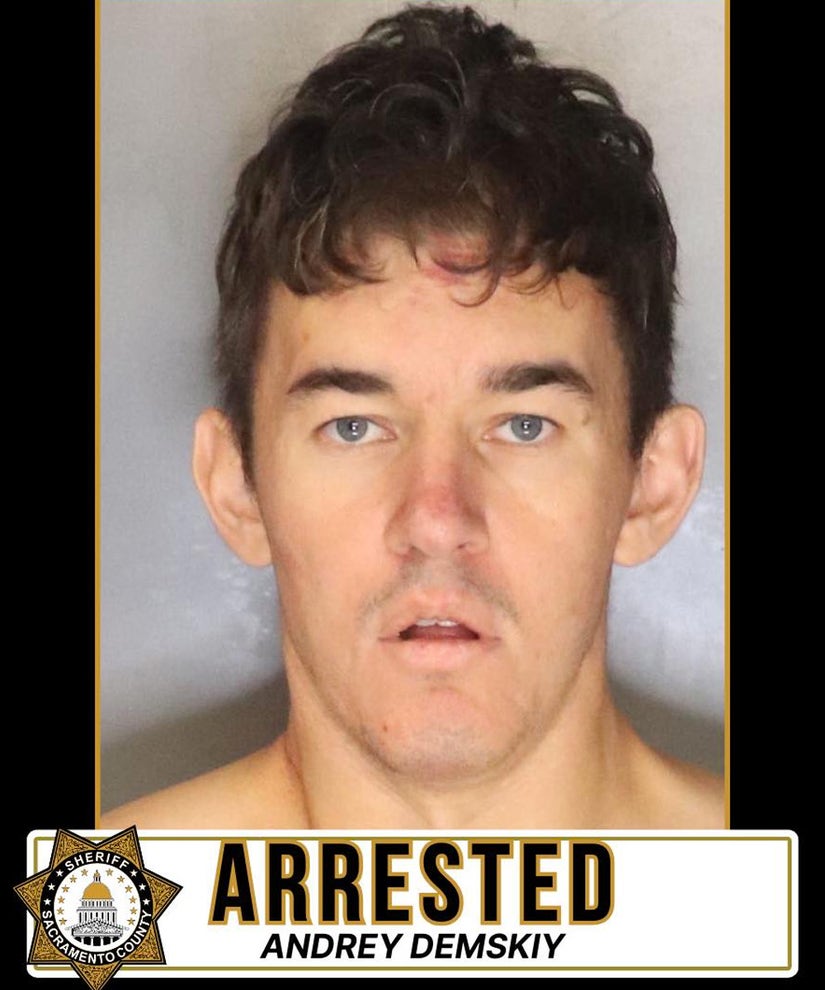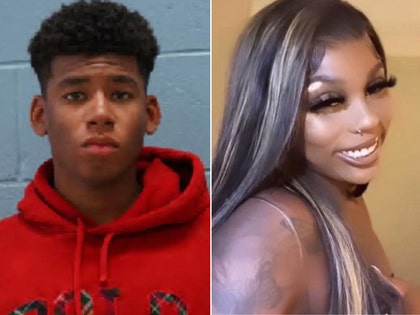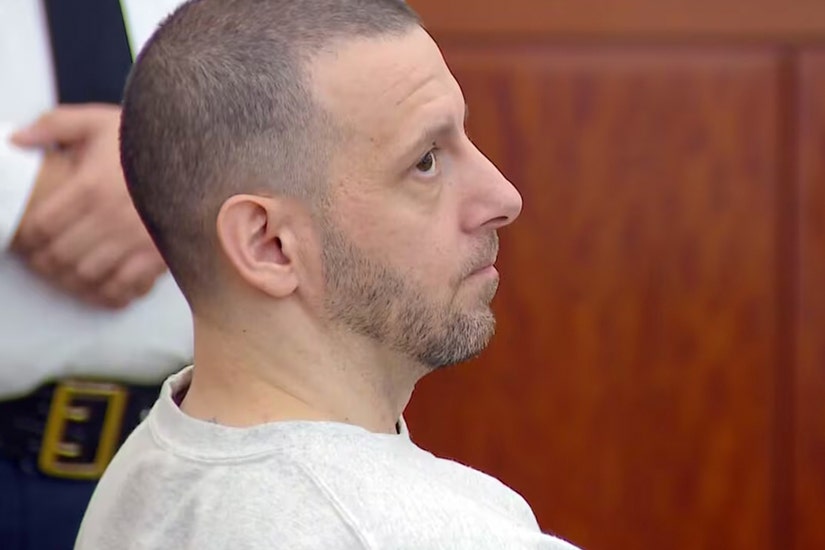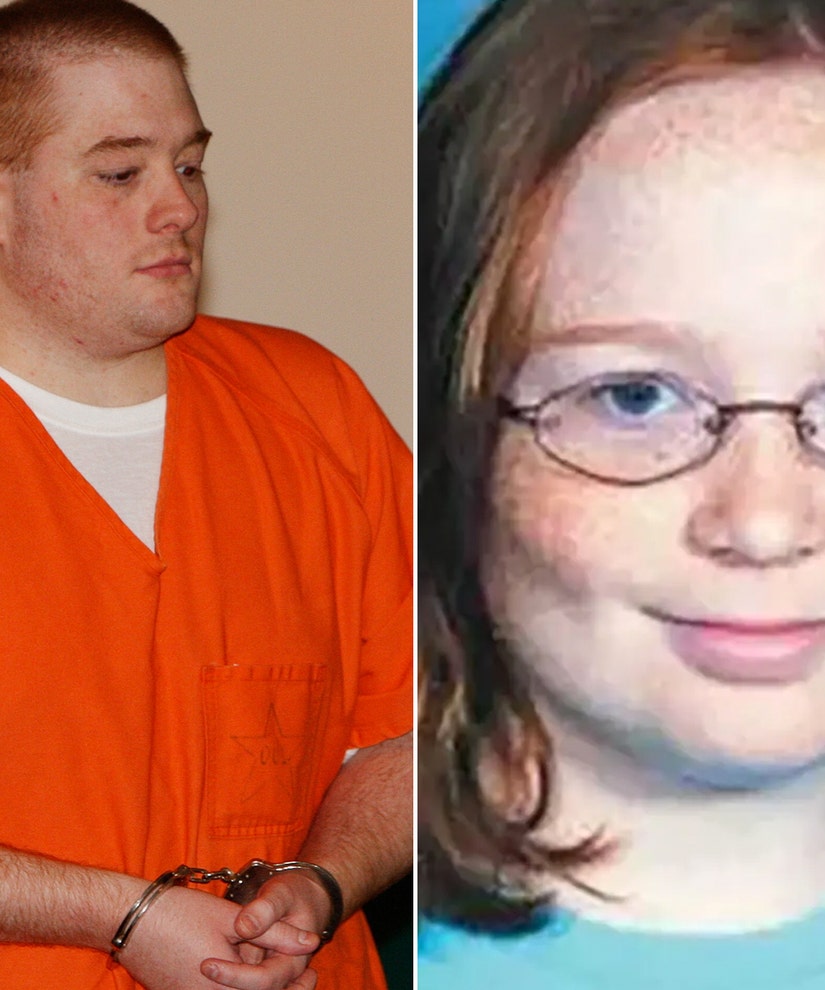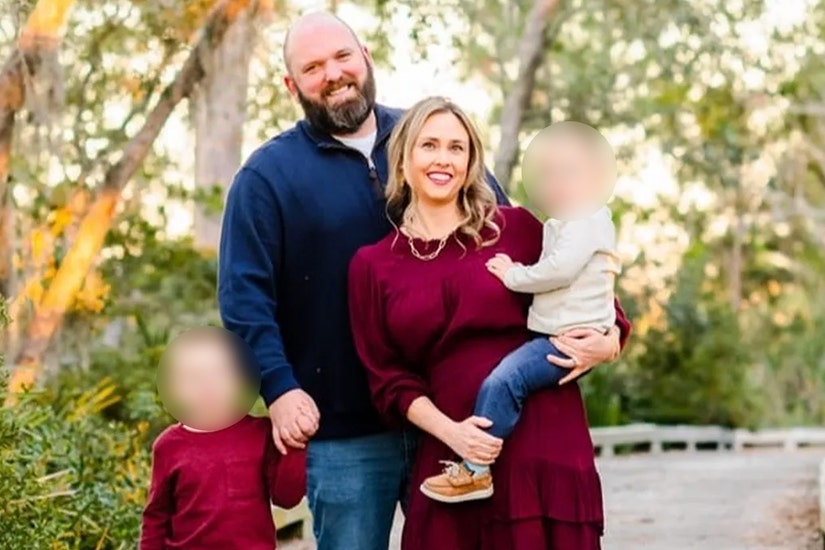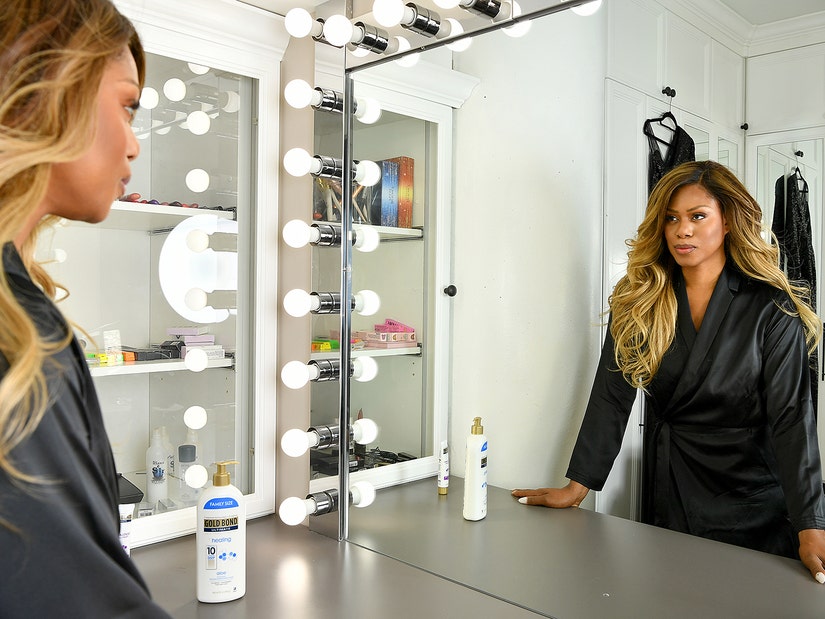 Amy Sussman/Getty Images for Gold Bond
Amy Sussman/Getty Images for Gold Bond
"Really hard stuff," she says, "But it's all for the better, it's all for the cause of self love."
Laverne Cox has been putting all her time in lockdown to very good use, even if it's led to often-challenging conversations and decisions about her future.
"I had a lot of realizations about how I was living my life that weren't sustainable and how I needed to make changes around stress, around my workload and around what's really important and having to make some hard decisions around that," she explained. "How I was going to prioritize my schedule and my life going forward, a lot of hard conversations, prioritizing my health and a lot of tough decisions I've had to make on a personal level, really hard stuff actually if I was being honest."
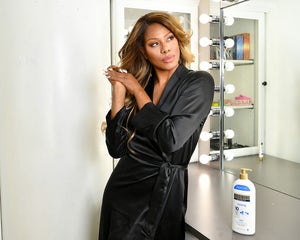 Amy Sussman/Getty Images for Gold Bond
Amy Sussman/Getty Images for Gold Bond
Laverne Cox 'Agonized' Over Emmy Voting, Says 'Diversifying' Academy Crucial for Trans Inclusivity (Exclusive)
View Story"But it's all for the better, it's all for the cause of self-love, self-care, feeling good in my skin and I think that, again, as I'm able to do that, I think that's what being a 'Skin Champion' is about," she continued. "It's about doing that hard work and I think part of it -- for me anyway, on myself -- is to ask myself the difficult questions, to be willing to lean into the discomfort into some of the answers and being willing to be uncomfortable for a while in understanding the other side of the discomfort is growth."
TooFab caught up with the "Orange Is the New Black" star about her partnership with Gold Bond's #ChampionYourSkin campaign. As part of the campaign, Cox is highlighting the work of the Trans Wellness Center, a Los Angeles-based organization offering support to transgender and non-binary individuals.
Calling her a #SkinChampion, Cox said she looks at the work of the organization's program manager, Mariana Marroquin, as someone who "puts their skin to the test to make the lives of other people better." She added, "there's so much of that going on, you see so much of it this year and I'd love to see it in higher places. But it gives me hope when I think about people like Mariana."
For Cox, organizations like the Trans Wellness Center were "crucial" for her own transition.
"The support I got through those groups, I wouldn't be there if it wasn't for the women in those groups and the example they gave me and the support," she explained. "I think sometimes it can feel very, very lonely and I think right now during these times, a lot of us can feel very, very lonely, so finding ways to get support, that is a huge thing they're doing at the Trans Wellness Center. You can't quantify that, to understand that you're not alone, that someone else has been through exactly what you are going though and they can tell you that they've made it through the other side or maybe they're still struggling but it's gotten better. That's invaluable."
Waiting for your permission to load Vimeo video.
Though her own journey, Cox can recall a few transition milestones where she really started feeling comfortable in her own skin.
"There was a milestone seven years into my transition where I was just kind of like, 'Oh! Oh yes!'" she explained. "I don't like to talk about surgery or anything like that, but there have been a few of those moments where I was like, 'Oh yes!' It's not never been about perfection for me, I've never been perfect, it's been about feeling one with yourself and being able to really fully own and feel comfortable in my skin. That's what medical transition has done for me."
"It's been so necessary for me to just be able to let go and get on with why I'm really here," she added.

